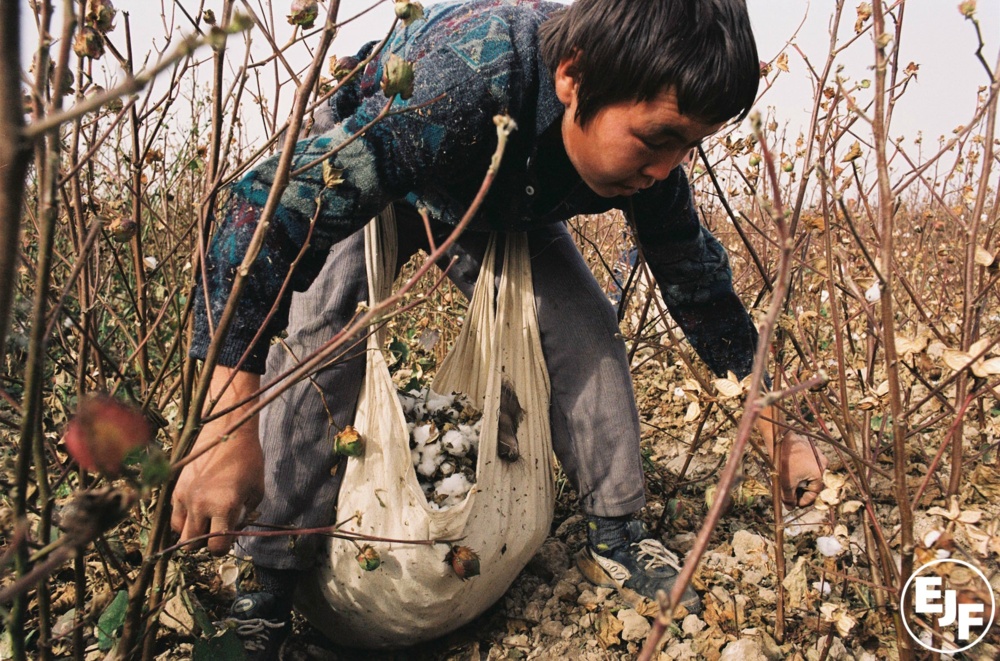
Don't forget the cotton fields
The factories have been a tragedy but we mustn’t forget the cotton fields.
The effects of this year’s Rana Plaza disaster in Bangladesh sent shockwaves through retailers and consumers as the reality behind the death toll of 1,127 as a symbol of the cheap clothing we consume hit home.
The clothing industry has quickly rallied to ensure the factories they use are not complicit in any future such disasters but as they concentrate on the factory, the cotton fields should not be forgotten.
Negotiations are underway for a new multi-annual deal that will see Bangladesh importing 200,000 tonnes of cotton from Uzbekistan each year. Bangladesh is highly dependent on imported yarn and fabric and this guaranteed supply will ensure their ability to produce their own fabrics as well as ensuring a steady supply of cotton to the country’s textile industry.
Bangladesh is the world’s second largest exporter of clothing after China and as such is vital to its economy but this doesn’t mean the Government of Bangladesh, or the clothing retailers and consumers who will enjoy the continued availability of cheap fashion, can turn a blind eye to the long ongoing environmental and human rights abuses that are behind Uzbekistan’s cotton industry.
In 2005, EJF first exposed the extent of abuses in the Uzbek cotton industry with the film and report White Gold. Although some of the world’s largest retailers have since committed to ensuring their products do not contain Uzbek cotton, sadly little has changed since White Gold for the children and adults who endure back breaking work to benefit one of the world’s most oppressive and corrupt regimes.
We must not sit by and watch as Bangladesh agrees to use cotton which has been picked with the use of children and forced labour, from an industry which is at least partially responsible for the drying of the Aral Sea, from a country where the President, Islam Karimov is associated with the torture and killing of innocent people.
EJF is calling on retailers to raise their concerns directly with the Bangladesh Government stating that if they continue with the agreement they will no longer be able to source products from Bangladesh.
To learn more about environmental and human rights abuses in the Uzbek cotton industry read EJF's reports on the issue.
SIGN UP FOR OUR EMAILS AND STAY UP TO DATE WITH EJF